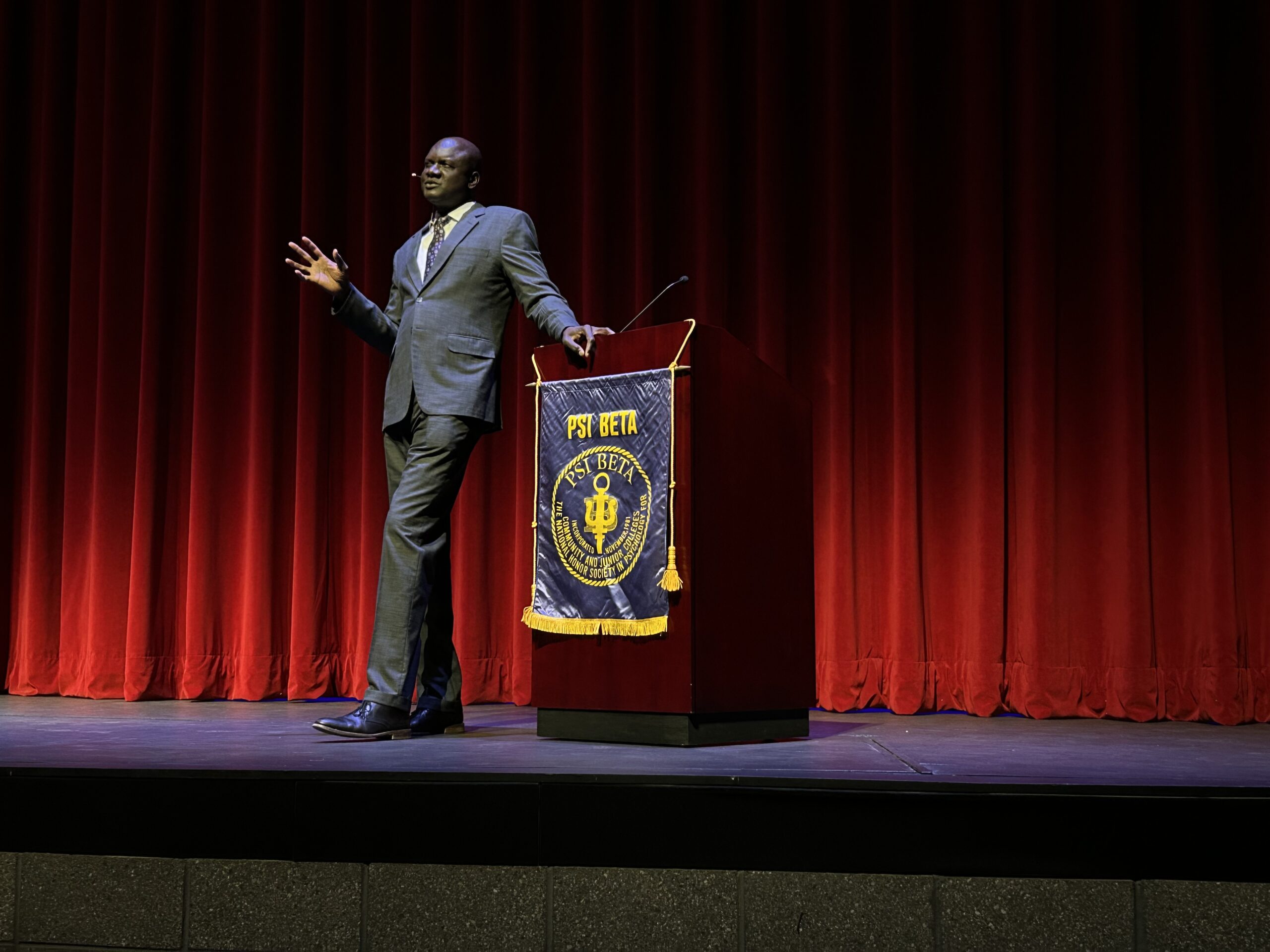Uber faces boycotts over ethics
Uber is facing a growing movement calling for its boycott after allegations surfaced that called into question the ethics of the company’s business practices. Uber is an international rideshare and taxi company that largely gained a following due to its convenience and competitive rates. The company allows any driver with a qualified vehicle to work for them, producing lower fares by reducing regulation.
Initially, the company was met with high praise from customers who appreciated not only the discounted fees, but the convenience of a smartphone application that provided estimated fares and wait times as well as a name and photo of the driver. Lauren Scott, who has used the service since its 2012 release of small-car services, said that along with its convenience, the feeling of security Uber provided was a primary motivator in using it over another taxi service.
“What I love about (Uber) is that I don’t have to call anyone to order a cab, plus I can see how much it’s going to cost before I order… (The driver’s) photo and name is right there, and you pay in the app with tip included so it feels safer not to exchange cash with a stranger,” Scott said.
San Francisco is suing Uber for misleading customers and breaking California law. The city’s district attorney said in a statement that “Uber is accused of making untrue or misleading representations regarding the quality of background checks it performs on drivers, unlawfully having its drivers work at airports across the state without obtaining authorization from airport officials and fraudulently charging a $4 ‘airport fee toll’ to customers traveling to and from San Francisco International Airport even though Uber drivers weren’t paying anything to the airport.”
Past reports have claimed that driver-applicants could apply for background checks through third parties by filing information online without ever having to be seen in person before obtaining clearance to work for the company. The California lawsuits come at the heels of cities such as New Delhi and Portland moving to outlaw services like Uber for failing to meet safety standards.
Controversies such as these have resulted in heavy media coverage of the company’s every move and raised further criticisms of its practices. Journalist Sarah Lacy accused the company of “outrageous sexism,” in a post on Silicon Valley website PandoDaily, continuing that she would be deleting her Uber app after it was reported that the company was reported to be linked to a French escort service.
This article in particular appeared to be a tipping point for Uber senior executive, Emil Michael who suggested that the company should hire a team of investigators to find blackmail against critics in the media, specifically mentioning Lacy and proposing the spreading of details from her personal life.
The comments were made at a dinner attended by an influential New York crowd that Michael had believed was off the record, though this information was not relayed to a BuzzFeed editor in attendance, which later published Michael’s comments. BuzzFeed Editor-in-Chief Ben Smith wrote: “Over dinner, (Michael) outlined the notion of spending ‘a million dollars’ to hire four top opposition researchers and four journalists. That team could, he said, help Uber fight back against the press — they’d look into ‘your personal lives, your families,’ and give the media a taste of its own medicine …. Nobody would know it was us.”
Michael later apologized for the comments in a statement through an Uber spokeswoman, and said the remarks do not reflect his views, or the company’s. Despite Uber’s attempts to diffuse public outrage regarding the statements, many customers have called the incident Uber’s “third strike,” and joined a mass boycott of the business.
One boycotter, Lindsay Goldner, said that it wasn’t just Michael’s comments, Uber’s alleged misogyny, or the company’s questionable safety standards, but “a firestorm of all Uber’s failings.” “I’m over how nonchalant they are about how they handle any issue. It’s like they think they’re too big to fail and they can do whatever they want,” Goldner said.
Patrice Nango, a philosophy professor at MCC, said that the issue of silencing press goes beyond dirty business, and is “a threat to a culture.” Nango said “using slander and dirt to intimidate a member of the press in an attempt to silence them is contemptible and should be prosecuted immediately to prevent it from become de rigueur among those who seek to silence free speech.” Nango also questioned the ethical practices of Uber.
“I consider Uber’s action extremely unethical, regardless of how good for business Uber thinks it will be,” Nango said. “Retaliation to silence critics or negative press is generally considered ‘business as usual’ in our current practice of capitalism.” Uber maintains its legitimacy through the controversy, even continuing its UberX service in Portland despite city officials having deemed it illegal.









